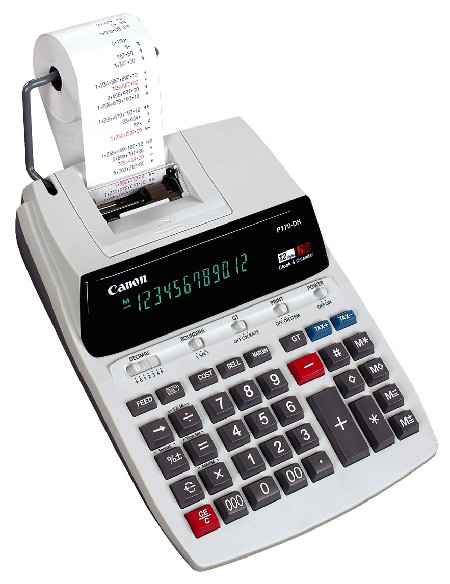Gipper
Well-Known Member
The Left always lies and many uninformed Americans buy their lies.
There is NO tax cut. They are merely keeping the same rates. The result will help the economy, but I doubt in a significant way. Why not cut taxes and spending dramatically? That will stimulate the economy, generate jobs, and increase taxes to the treasury. History proves me right.
But it is funny and typical of the Dems to f things up. And besides, we were told for years that Bush tax cuts ONLY benefited the wealthy, yet will anyone recognize this BIG LIE? Liars!
There is NO tax cut. They are merely keeping the same rates. The result will help the economy, but I doubt in a significant way. Why not cut taxes and spending dramatically? That will stimulate the economy, generate jobs, and increase taxes to the treasury. History proves me right.
But it is funny and typical of the Dems to f things up. And besides, we were told for years that Bush tax cuts ONLY benefited the wealthy, yet will anyone recognize this BIG LIE? Liars!
Obama, his fellow Democrats and their acolytes in the media continue to frame the debate in terms of tax "cuts" versus the budget deficit -- as if tax rates before 2001 were the natural order of things and to keep rates where they are is a "cut" that will increase the deficit. On the contrary, without the deal, everyone's taxes will rise by hundreds or even thousands of dollars next year. With the deal, no one's income taxes will be cut. In fact, some taxes will skyrocket. The estate (death) tax will be resurrected at 35 percent with a $5 million exemption -- up from 0 percent this year, but down from the previous 55 percent. The only new cut would be a temporary payroll tax reduction of two percentage points.
The facts, however, don't stop the Left from their dishonest characterization. "The far-reaching package ... would add more than $900 billion to the deficit over the next two years," The Washington Post lamented. Ditto for The New York Times, the Associated Press and others. This assumes that economic behavior won't change if taxes go up, meaning federal revenue will increase by the exact amount of the tax increase. Ergo, if Congress prevents the tax hike, that lost revenue adds to the deficit. It's a wrong assumption, demonstrable by the fact that federal revenue actually went up after the Bush tax cuts went into effect.
Meanwhile, Obama was so concerned about the "cost" that he insisted that unemployment benefits be extended for another year. Now that will actually cost nearly $60 billion, and it will cause the unemployment rate to remain higher than it otherwise should. On top of that, Sens. Maria Cantwell (D-WA), Barbara Boxer (D-CA) and Tom Harkin (D-IA) secured various energy subsidies in exchange for their votes, and more pork is almost sure to follow.
The fact that Obama conceded to any deal is notable. The Wall Street Journal concludes, "Obama has implicitly admitted that his economic strategy has flopped. He is acknowledging that tax rates matter to growth, that treating business like robber barons has hurt investment and hiring, and that tax cuts are superior to spending as stimulus. It took 9.8% unemployment and a loss of 63 House seats for this education to sink in, but the country will benefit." The flop is so complete that even former economic adviser Larry Summers warned of a "double dip" recession if taxes go up. John Maynard Keynes, call your office.
Though Obama did accept the deal with the GOP, he proved to be a rather disagreeable compromiser, calling Republicans "hostage takers" and the American people the "hostages." Obama thus not only reneged on an oft-repeated campaign promise to repeal the Bush-era tax cuts "for the rich," he also proved utterly ungracious to those lawmakers with whom he had just struck a deal. "ecause of this agreement, middle-class Americans won't see their taxes go up on January 1st, which is what I promised," he said. "[But] I'm as opposed to the high-end tax cuts today as I've been for years. In the long run, we simply can't afford them. And when they expire in two years, I will fight to end them."
Some conservatives are opposing the bill because of the aded deficit spending. Club for Growth President Chris Chocola said, "The plan would resurrect the Death Tax, grow government, blow a hole in the deficit with unpaid-for spending, and do so without providing the permanent relief and security our economy needs to finally start hiring and growing again."
http://patriotpost.us/edition/2010/12/10/digest/


